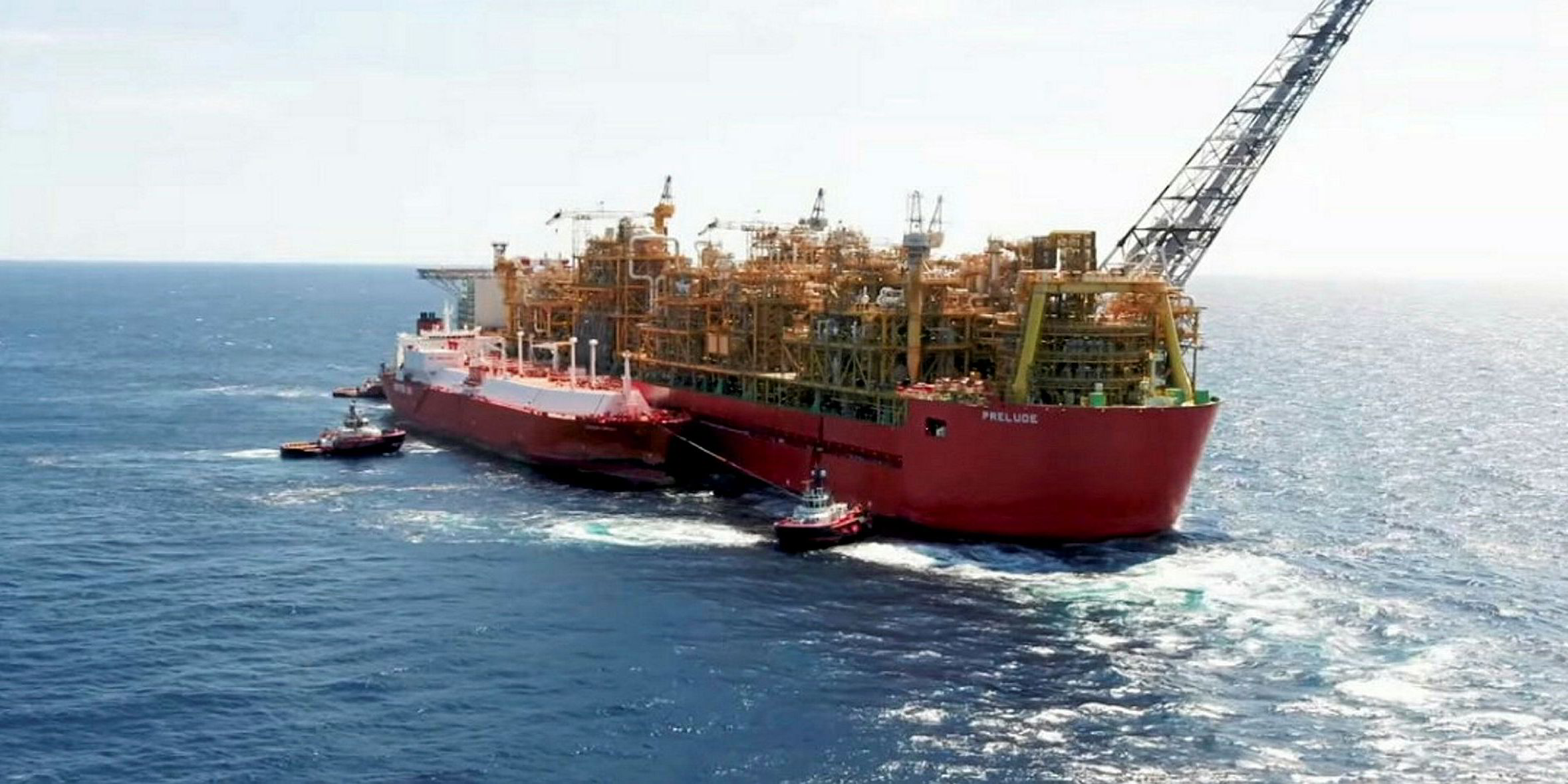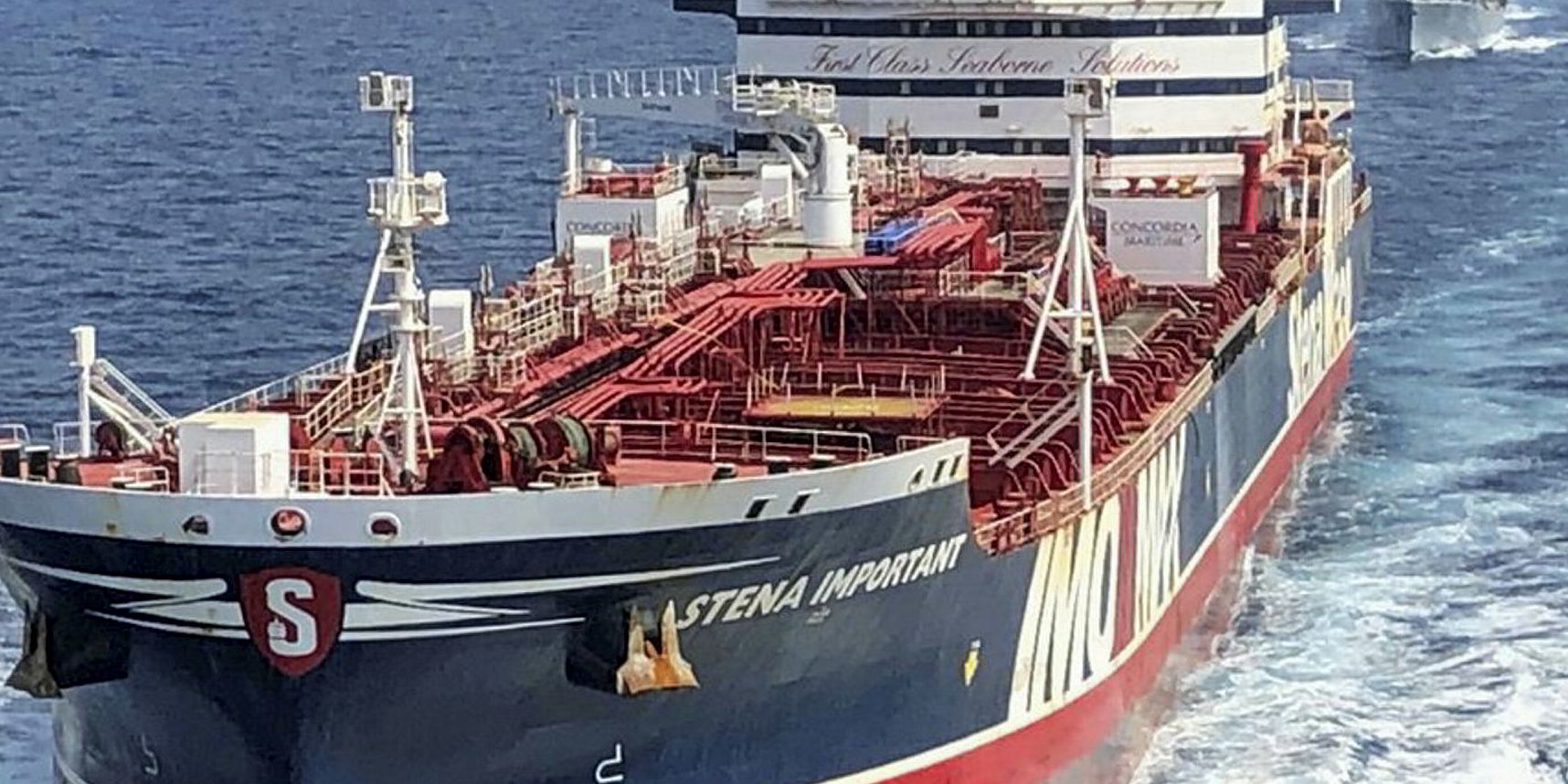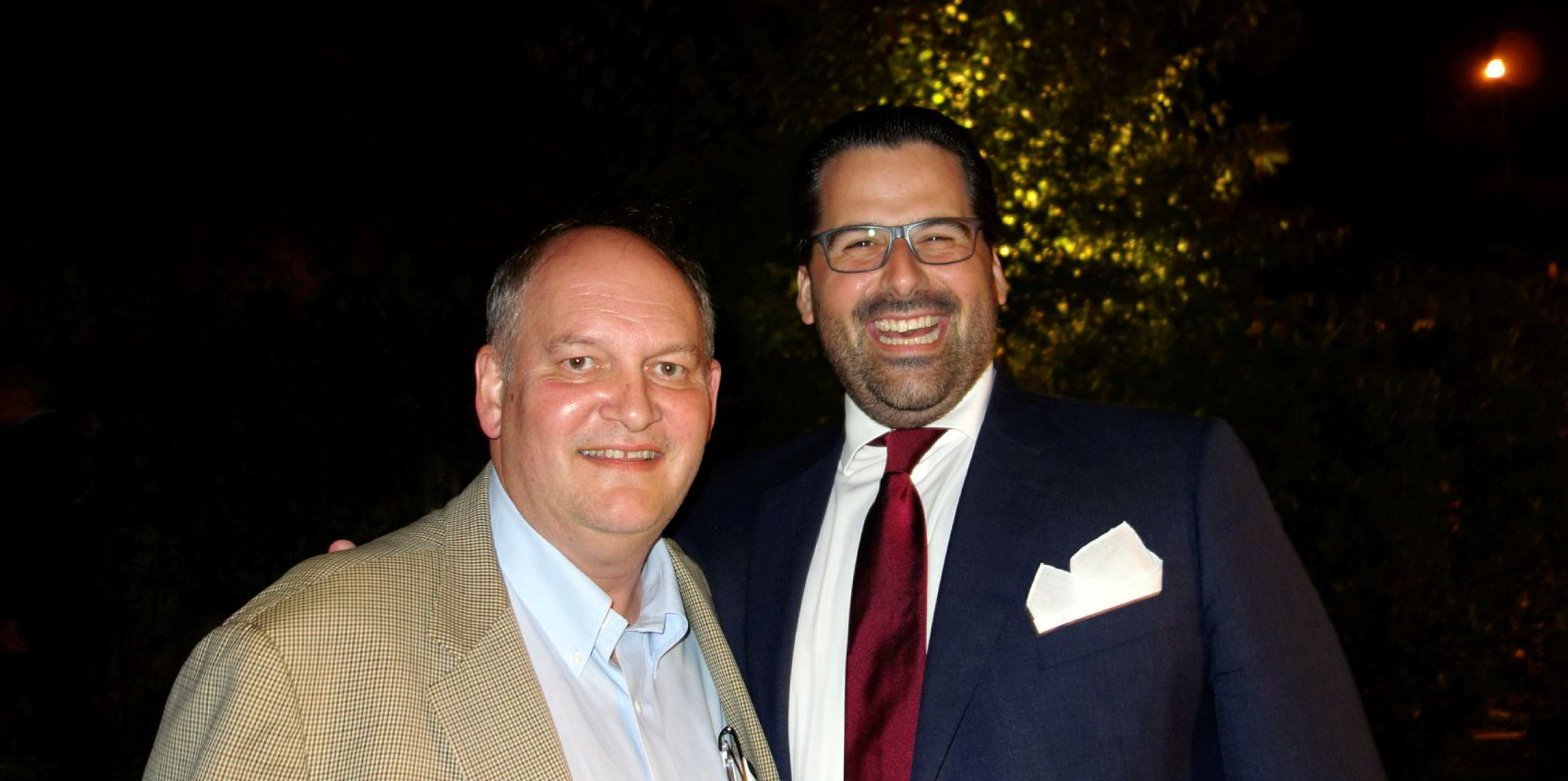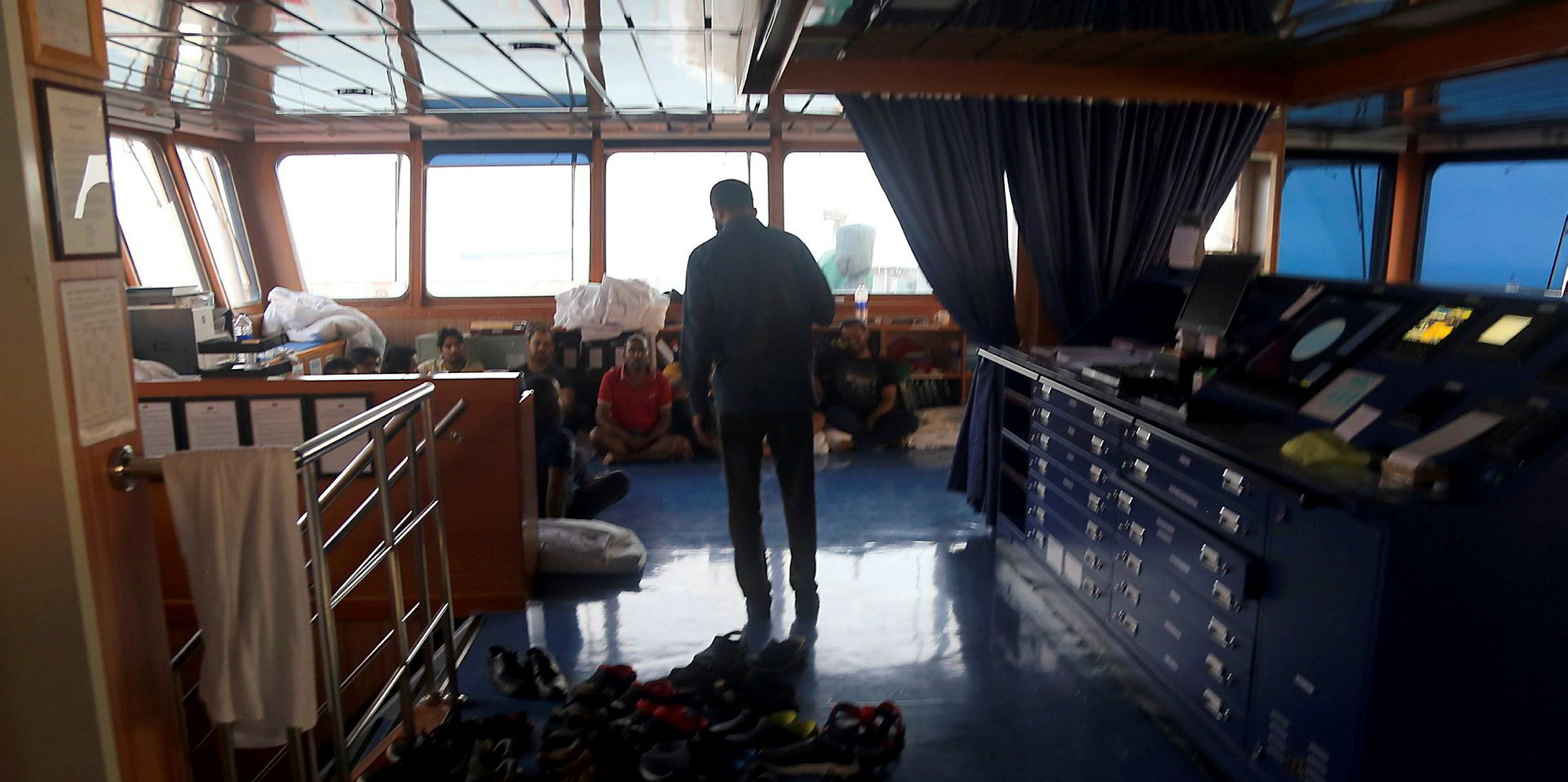Major tanker charterer Shell is keeping any UK flagged tankers under its control away from the Strait of Hormuz, its chief executive has confirmed.
Shell’s actions match peer BP, which revealed this week it was not taking its own ships through the trouble-spot after one of its tankers was targeted by Iran this summer.
Tension has exploded in the Middle East this summer, with attacks on a number of tankers before Iran seized the 50,000-dwt Stena Impero (built 2018).
Ben van Beurden, chief executive of Shell, told reporters after the major’s second quarter accounts today: “There are Shell-managed vessels in the Strait of Hormuz and that will probably continue to be the case.
“Currently, though, there are no UK-flagged vessels.”
van Beurden added ships flying the UK flag would only be used by Shell in the area if accompanied by a navy escort.
The Strait of Hormuz has been in constant focus since the capturing of the Stena Bulk tanker earlier this month in retaliation for the detention of the 301,000-dwt Grace 1 (built 1997) by UK forces in Gibraltar.
BP Shipping had its own close call with Iranian forces after three Iranian Revolutionary Guards boats approached the 158,000-dwt British Heritage (built 2017) in the Middle East Gulf.
While a British warship fended off the hostilities, BP has since kept its own ships out of the area, according to chief financial officer Brian Gilvary.
Shell is the second largest charterer of crude tankers globally behind Chinese powerhouse Unipec, according to data from Poten & Partners.
Shell was responsible for 692 dirty tanker fixtures last year, almost 6% of overall business, the US brokerage says.
Profit drops on LNG prices

Shell today reported a slump in second quarter profit, with low LNG prices pushing its bottom line down further than anticipated.
Adjusted net income of $3.46bn, a drop of over a quarter on a year-on-year basis, fell below even the lowest analyst estimate, Bloomberg reported.
Its flagship Prelude floating LNG unit has now produced three condensate cargoes, one LPG cargo, and for LNG cargoes, van Beurden said.
The executive, who visited the world’s largest vessel for the opening ceremony this year, said the shipments to date demonstrated why the unit forms an integral part of Shell’s growing global integrated gas portfolio, and should provide LNG for the coming decades.






